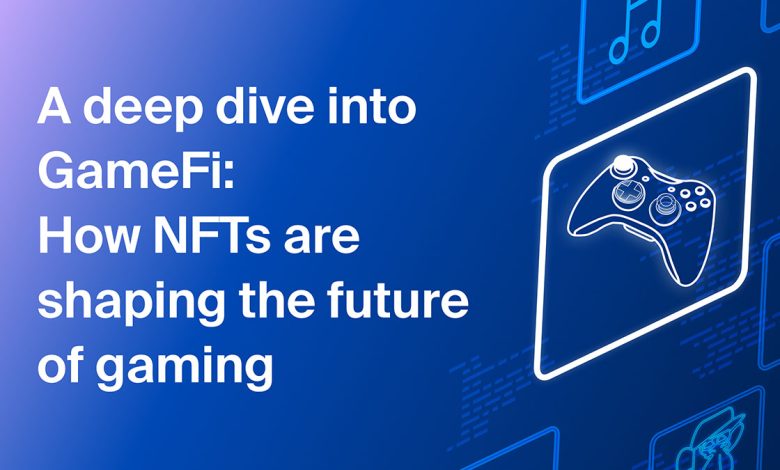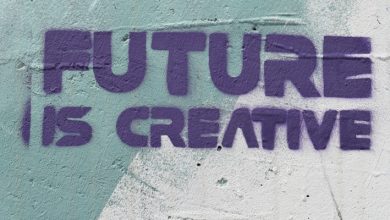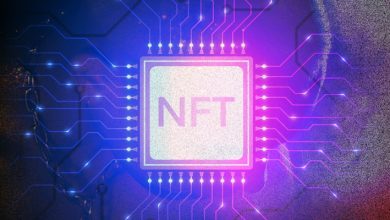NFTs and Gaming: Blockchain Integration and Benefits

- Understanding NFTs and their role in the gaming industry
- Exploring the potential of blockchain integration in gaming
- Benefits of using NFTs in the gaming ecosystem
- How NFTs are revolutionizing in-game assets and ownership
- Challenges and opportunities of combining NFTs with gaming
- The future of NFTs and gaming: Trends to watch out for
Understanding NFTs and their role in the gaming industry
NFTs, or non-fungible tokens, have been making waves in the gaming industry due to their unique ability to provide players with true ownership of in-game assets. These digital assets are stored on the blockchain, ensuring their scarcity and authenticity. By leveraging NFTs, gamers can buy, sell, and trade items with other players securely and transparently.
One of the key benefits of NFTs in gaming is the potential for players to earn real money by monetizing their in-game assets. This opens up new opportunities for gamers to turn their passion into a source of income. Additionally, NFTs can enhance the gaming experience by allowing players to truly own their virtual items, giving them a sense of pride and investment in the game.
Furthermore, NFTs can also help game developers by providing a new revenue stream through the sale of in-game assets. This can incentivize developers to create more engaging and immersive gaming experiences, as they can directly benefit from the success of their games. Additionally, NFTs can help combat issues such as fraud and counterfeit items, as each token is unique and verifiable on the blockchain.
Exploring the potential of blockchain integration in gaming
Exploring the potential of blockchain integration in gaming opens up a world of possibilities for both developers and players alike. By leveraging blockchain technology, games can offer unique features such as verifiable scarcity, true ownership of in-game assets, and secure transactions. This integration can revolutionize the gaming industry by creating a more transparent and decentralized ecosystem.
One of the key benefits of incorporating blockchain in gaming is the ability to create non-fungible tokens (NFTs). NFTs are unique digital assets that can represent in-game items, characters, or even entire game worlds. These NFTs can be bought, sold, and traded on blockchain-based marketplaces, allowing players to truly own their virtual possessions. This not only adds value to the gaming experience but also opens up new revenue streams for developers.
Furthermore, blockchain integration can enhance player engagement by enabling cross-game compatibility and interoperability. Players can use their NFTs across multiple games, creating a seamless experience and fostering a sense of continuity. This can lead to increased player retention and loyalty, as well as a more vibrant gaming community.
Benefits of using NFTs in the gaming ecosystem
NFTs have revolutionized the gaming ecosystem by offering unique benefits that traditional in-game assets cannot match. These benefits include:
- Ownership: NFTs provide players with true ownership of their in-game assets, allowing them to buy, sell, and trade them as they see fit.
- Interoperability: NFTs can be used across multiple games and platforms, giving players the flexibility to use their assets in different virtual worlds.
- Scarcity: NFTs are inherently scarce due to their unique properties, making them highly sought after by collectors and gamers alike.
- Monetization: NFTs enable players to monetize their gaming skills and assets, creating new opportunities for earning income within the gaming ecosystem.
- Community Engagement: NFTs foster a sense of community among players, as they can connect with others who share their interests in collecting and trading digital assets.
Overall, the integration of NFTs into the gaming ecosystem has the potential to transform the way players interact with virtual worlds, offering a new level of ownership, flexibility, and engagement that was previously unimaginable.
How NFTs are revolutionizing in-game assets and ownership
NFTs are transforming the landscape of in-game assets and ownership by leveraging blockchain technology to provide players with true ownership of their digital items. These non-fungible tokens are unique digital assets that are indivisible and cannot be replicated, making them ideal for representing in-game items such as skins, weapons, and collectibles.
By using NFTs, players can buy, sell, and trade their in-game assets with other players securely and transparently on decentralized marketplaces. This gives gamers the ability to truly own their digital items, as the tokens are stored on the blockchain, providing proof of ownership and authenticity.
Furthermore, NFTs allow game developers to create scarcity and exclusivity within their games by minting limited edition items as unique tokens. This not only adds value to the in-game assets but also creates new revenue streams for developers through the sale of these rare items.
Overall, the integration of NFTs in gaming is revolutionizing the way players interact with in-game assets, providing them with a new level of ownership, control, and value. As the technology continues to evolve, we can expect to see even more innovative use cases for NFTs in the gaming industry.
Challenges and opportunities of combining NFTs with gaming
Integrating NFTs with gaming presents both challenges and opportunities for the industry. One of the main challenges is the potential for increased complexity in game development and maintenance. Developers will need to ensure that NFTs are seamlessly integrated into gameplay without compromising the user experience. Additionally, there may be concerns about the environmental impact of NFTs due to the energy-intensive nature of blockchain technology.
On the other hand, combining NFTs with gaming opens up a world of opportunities for players and developers alike. NFTs can provide players with true ownership of in-game assets, allowing them to buy, sell, and trade items with other players. This can create a new economy within games, where rare and unique items hold significant value. Developers can also benefit from NFTs by monetizing their games through the sale of limited edition items or collectibles.
Overall, the integration of NFTs with gaming has the potential to revolutionize the industry, offering new ways for players to engage with their favorite games and for developers to monetize their creations. While there are challenges to overcome, the opportunities presented by NFTs are too significant to ignore.
The future of NFTs and gaming: Trends to watch out for
The future of NFTs and gaming is an exciting space to watch, with several trends emerging that could shape the industry in the coming years. One trend to keep an eye on is the integration of blockchain technology into gaming platforms, allowing for the creation and trading of unique in-game assets as non-fungible tokens (NFTs). This integration opens up new possibilities for gamers to truly own their digital items and even monetize them outside of the game environment.
Another trend to watch out for is the rise of play-to-earn gaming models, where players can earn real-world value by participating in and progressing through games. NFTs play a crucial role in this model by enabling the ownership and transfer of in-game assets, which can then be sold or traded on various marketplaces. This shift towards player empowerment and economic incentives could revolutionize the gaming industry as we know it.
Furthermore, the use of NFTs in gaming opens up opportunities for cross-platform interoperability, allowing players to use their digital assets across different games and platforms. This seamless integration could lead to a more interconnected gaming ecosystem where players have greater flexibility and control over their gaming experiences.
Overall, the future of NFTs and gaming looks promising, with blockchain integration, play-to-earn models, and cross-platform interoperability paving the way for a more immersive and rewarding gaming experience. As these trends continue to evolve, we can expect to see a shift towards a more decentralized and player-centric gaming landscape.



